WHAT IS PTSD?
Post-Traumatic Stress Disorder (PTSD) is a mental health condition that's triggered by a terrifying event — either experiencing it or witnessing it. Symptoms may include flashbacks, nightmares and severe anxiety, as well as uncontrollable thoughts about the event. Treatment includes different types of trauma-focused psychotherapy as well as medications to manage symptoms.
DOES PTSD QUALIFY ME FOR MEDICAL MARIJUANA USE?
It is estimated between 10-30% of military servicemembers will be diagnosed with PTSD throughout their lifetime.
Under Missouri’s medical marijuana rules, PTSD is a qualifying medical condition. Any Missourian with a diagnosis of PTSD is eligible to receive their medical marijuana card. This is great news since there is an overwhelming amount of evidence that shows cannabis can help treat PTSD!
HOW DOES MEDICAL MARIJUANA HELP TREAT PTSD?
There is both strong anecdotal and research evidence showing cannabis can be an effective treatment for PTSD. For instance, a recent study at New York University’s Langone Medical Center looked closely at the endocannabinoid system in the brain. Scientists found that patients with PTSD had considerably lower levels of anandamide, a neurotransmitter, than individuals who did not have PTSD. Additionally, those with PTSD had higher numbers of cannabinoid receptors, which are activated by anandamide and other neurotransmitters.
Cannabis can be used to help treat symptoms like…
Anxiety: One of the most common complaints voiced by patients with PTSD is chronic anxiety. Large amounts of CBD, along with other cannabinoids found in marijuana, has been shown to reduce stress and fight anxious feelings.
Nightmares: Nightmares are a frighteningly intense side effect of post-traumatic stress disorder. Marijuana may have the ability to reduce REM sleep (rapid eye movement). This is the stage where the most vivid dreams occur. A decreased REM cycle may be effective at managing nightmares caused by PTSD.
Insomnia: Anxiety and nightmares, both of which were addressed above, oftentimes cause insomnia amongst PTSD patients who face difficulty falling asleep. Even those who are able to fall asleep are sometimes awoken by the intense nightmares THC has been shown to both reduce the amount of time it takes to fall asleep and improve the overall quality of sleep, both powerful tools to those dealing with insomnia.
Learn more here about getting your medical marijuana card!


